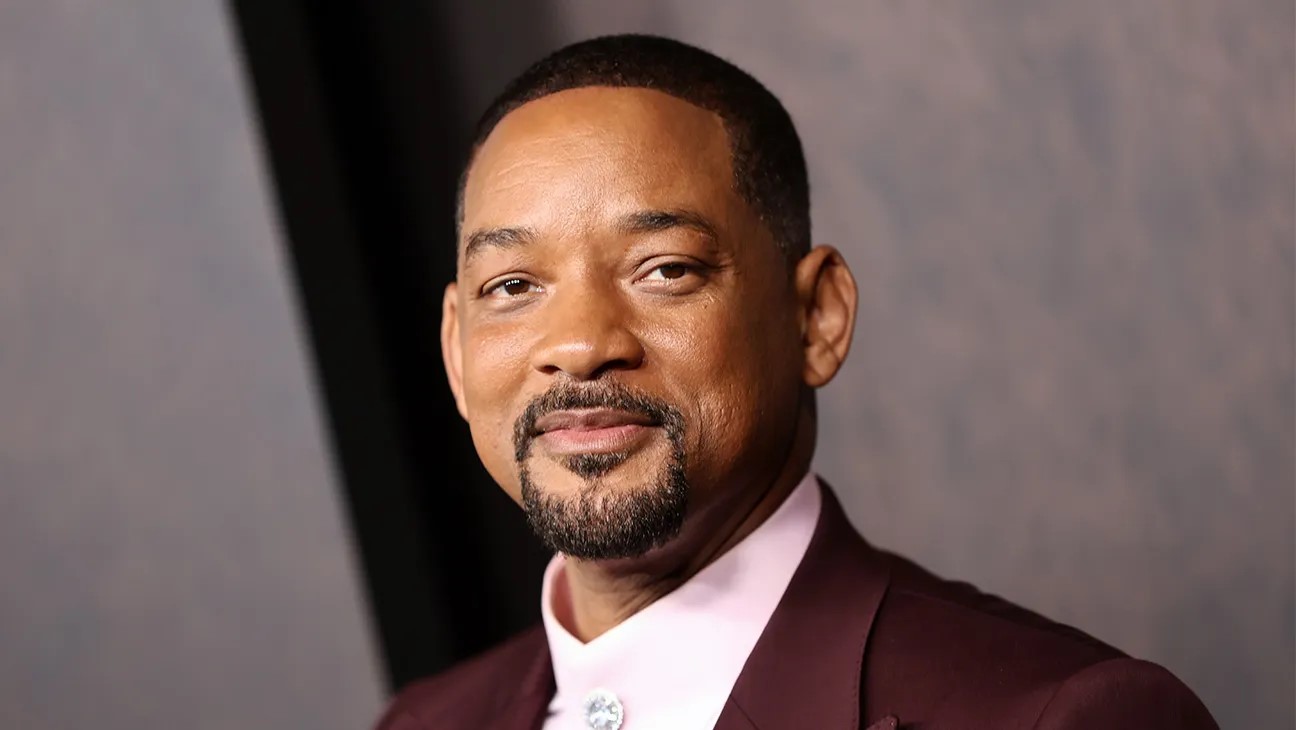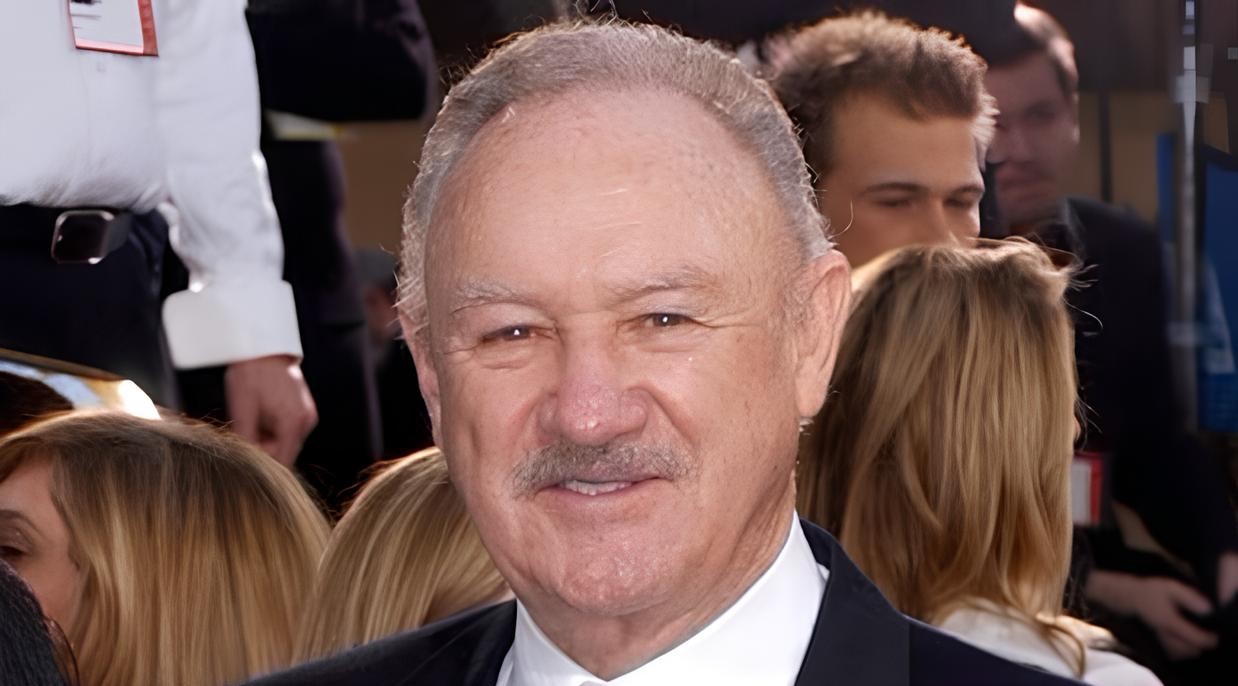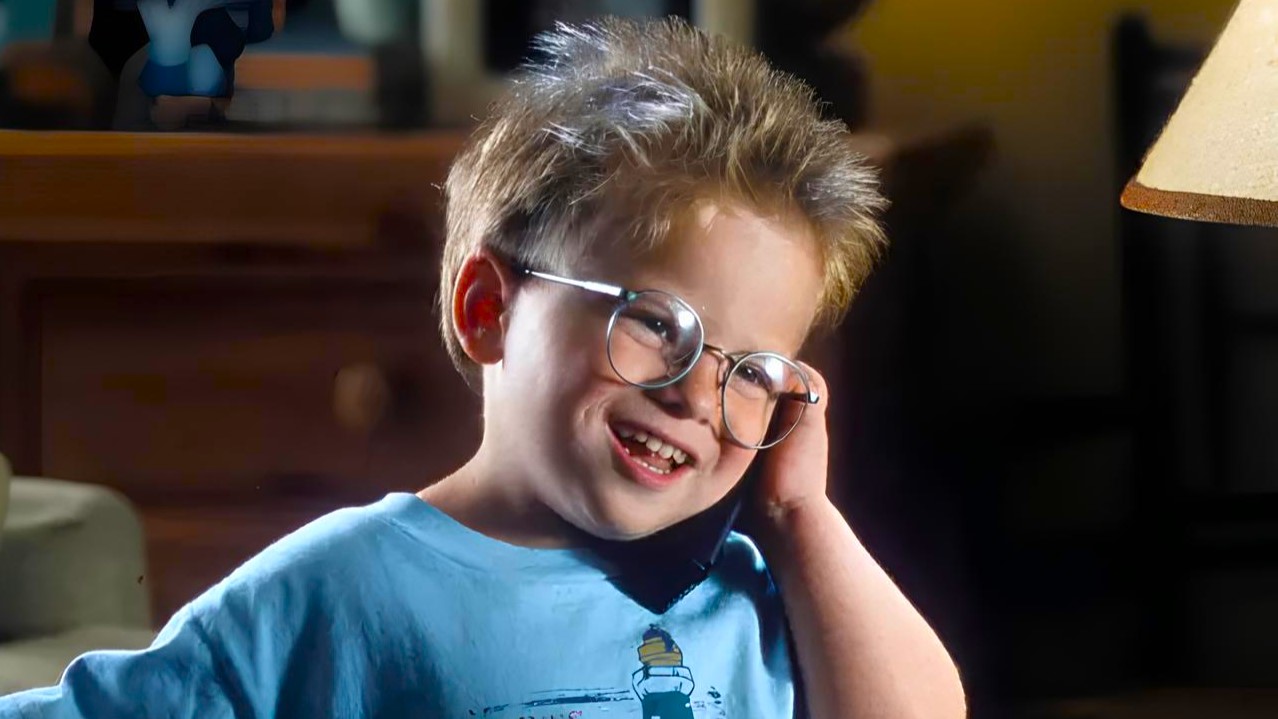The streaming service, which offers a vast library of thousands of movies and TV shows, reportedly boasts over 260 million subscribers.
Some of its content features trigger warnings that alert viewers to specific depictions, including military combat or violence.
However, there is debate surrounding one particular film, with some people claiming that the trigger warning provided is not sufficiently clear.

Discussing the film and its trigger warning on X, formerly known as Twitter, one viewer angrily stated: “It was extremely horrifying for me to watch that and caused a panic attack due to former trauma. DO BETTER AND FIX THIS!!!”
Another viewer sarcastically commented: “Wow. Good job Netflix on the trigger warning you didn’t provide.”
“I was not expecting that… That movie needs a trigger warning!!!” added a third person.
A fourth individual remarked: “Needs a WAY BETTER trigger warning.”
“This movie needed a big big big big big huge trigger warning,” someone else wrote. “I don’t know what I was expecting but it was NOT this.”

The mystery thriller movie, directed by Mike Barker, features Kulis, Finn Wittrock, Scoot McNairy, Chiara Aurelia, Justine Lupe, Thomas Barbusca, Jennifer Beals, and Connie Britton in its cast.
The film’s description states: “A writer’s perfectly crafted New York City life starts to unravel when a true crime documentary forces her to confront her harrowing high school history and question the choices she made as a teenager.”
The movie, rated R for ‘violent content, r***, s**ual material, language throughout, and teen substance use,’ there are depictions of a school shooting and a gang r***.
Netflix’s pre-disclaimer briefly notes scenes of “s**ual violence” and “threat,” but critics argue this does not adequately prepare viewers for the intensity of the violence depicted in the film.

“The Luckiest Girl Alive,” adapted from Jessica Knoll’s 2015 novel of the same title, has faced criticism from survivors of s**ual assault and trauma for lacking a sufficient trigger warning.
Ciara Charteris, the co-founder of I Am Arla, an online platform for trauma survivors, expressed her concerns (according to The Independent): “I was not prepared at all.”
“It goes against the work that I do, not just as a survivor but as a human, to be able to make an active choice about whether I’m going to engage in traumatic onscreen incidents or not.”
Jayne Butler, CEO of the charity R*** Crisis, also commented, emphasizing: “It is vital that viewers can make an informed choice about watching a film that could impact their health and wellbeing.”
“Any representation of s**ual violence in the media, but in particular depictions, can be extremely traumatizing for victims and survivors – many of whom are still coping with the negative impacts of their experience.”

In response to the criticism, Knoll, who drew from her own traumas to write the book, addressed the issue in an interview with Variety.
She stated: “We’ve done a lot to be sensitive about all of the very sensitive issues that are in the film.”
“I am a little surprised by it, honestly, because there’s so much violence against women in a lot of things out there right now. I just don’t see people in an uproar about that. We’ve gone to all these lengths in all these other ways, and I’m happy to do it. I want there to be resources for people. I want people to be prepared going in, so yeah, it’s a little surprising.”
Despite the film and its brief trigger warning facing backlash, “Luckiest Girl Alive” has also been commended for addressing significant issues.
One fan praised the movie, writing: “Outstanding performance by Mila Kunis. A must-watch this one.”
Check out the trailer for Luckiest Girl Alive here…



